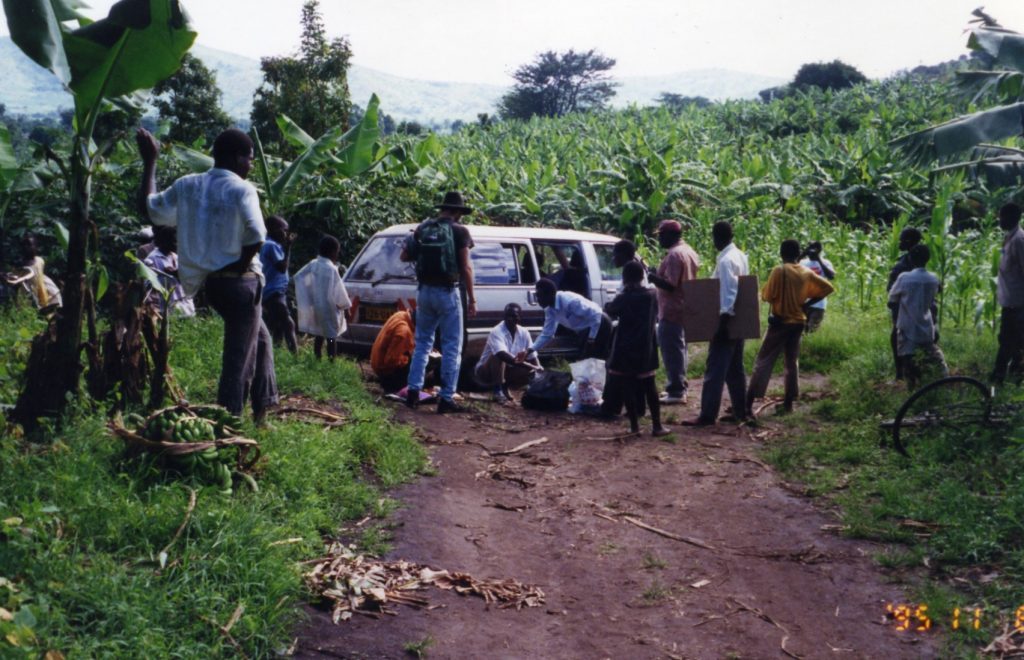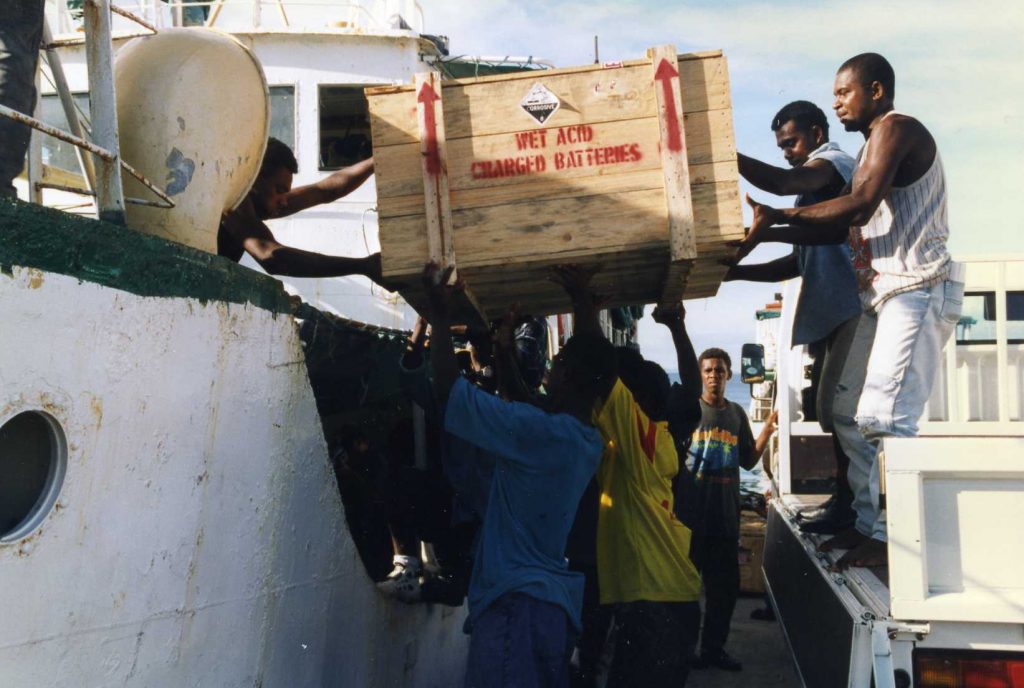Imagine that your assignment is to install a solar system on a Haitian mountaintop village that has no passable roads. And it’s raining. And your transport vehicle is stuck—its wheels spinning and splattering mud in every direction while people in the community above you wait anxiously for your promise of electricity. Eventually, pack mules are commandeered, and the solar equipment procession continues laboriously up the mountain.

SELF projects invariably pose a variety of challenges. We need to move people and material around the globe, deal with different national and local governments, navigate a variety of cultures and languages, and overcome the logistical challenges of accessing sites which are often very difficult to reach. Sometimes, we have to endure harsh climates and do our best to avoid exotic diseases. Because our work cuts across a wide spectrum of sectors, (health, education, agriculture, income generation, etc.) each project often presents its own unique set of challenges.

SELF has met these challenges by designing high-quality systems and working with local people to install and maintain them. The challenge that remains is helping ensure the long-term sustainability of the solar systems. Although they require less maintenance, time, and expense than alternatives (usually diesel generators), photovoltaic (PV) systems still require maintenance, and eventually batteries and electronics need to be replaced. We train locals to operate and maintain their systems, emphasizing that batteries need to be used carefully to achieve the longest life. While solar modules last for over 25 years, batteries are the most expensive system components, requiring periodic replacement.
That is why we encourage project donors to include adequate funds for replacing batteries and providing ongoing maintenance support for our projects, especially for schools and health centers that do not have the capacity to generate revenue to pay for maintenance. While many donors financially support us with these sustainability measures, some do not address long-term support issues. The good news is some governments (e.g. Uganda) are realizing the critical role that electricity plays in the areas of health care and education and are starting to allocate funds for maintaining solar infrastructure into their national budgets. To encourage such practices in more countries, it will be helpful if large multi-national donors insist that funds for maintenance be incorporated in solar project budgets.

For installations that generate income—such as micro-enterprise centers, solar water stations, and village micro-grids—community members are often willing to pay affordable fees to collectively support solar installations so that they can reap the benefits of electricity access.
There is a great deal of work being done to develop efficient, longer-lasting batteries that will someday make our goal of reaching project self-sustainability more attainable. In the meantime, SELF will strive to meet the challenges associated with bringing electricity to the most remote places on earth.

SELF is a global leader in the fight against energy poverty. Since 1990, we’ve pioneered unique applications for solar energy, powering progress on food security, health care, education, gender equity, and more.
501(c)(3) non-profit organization
EIN: 52-1701564